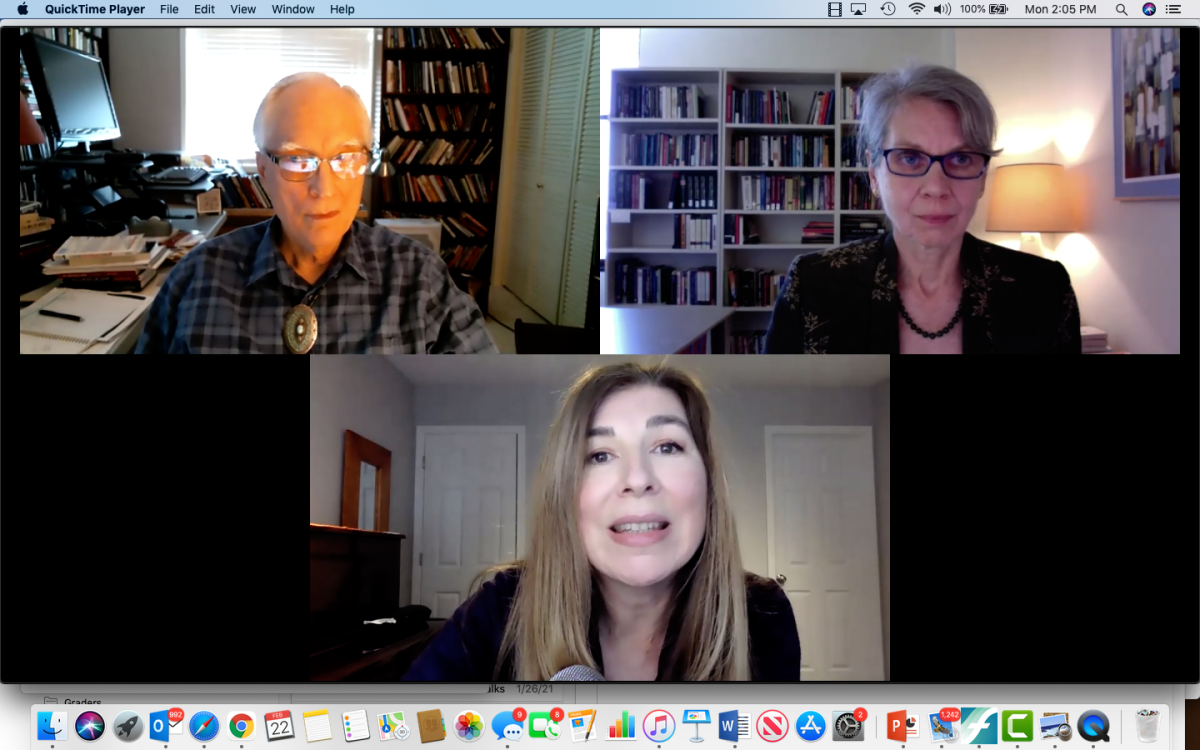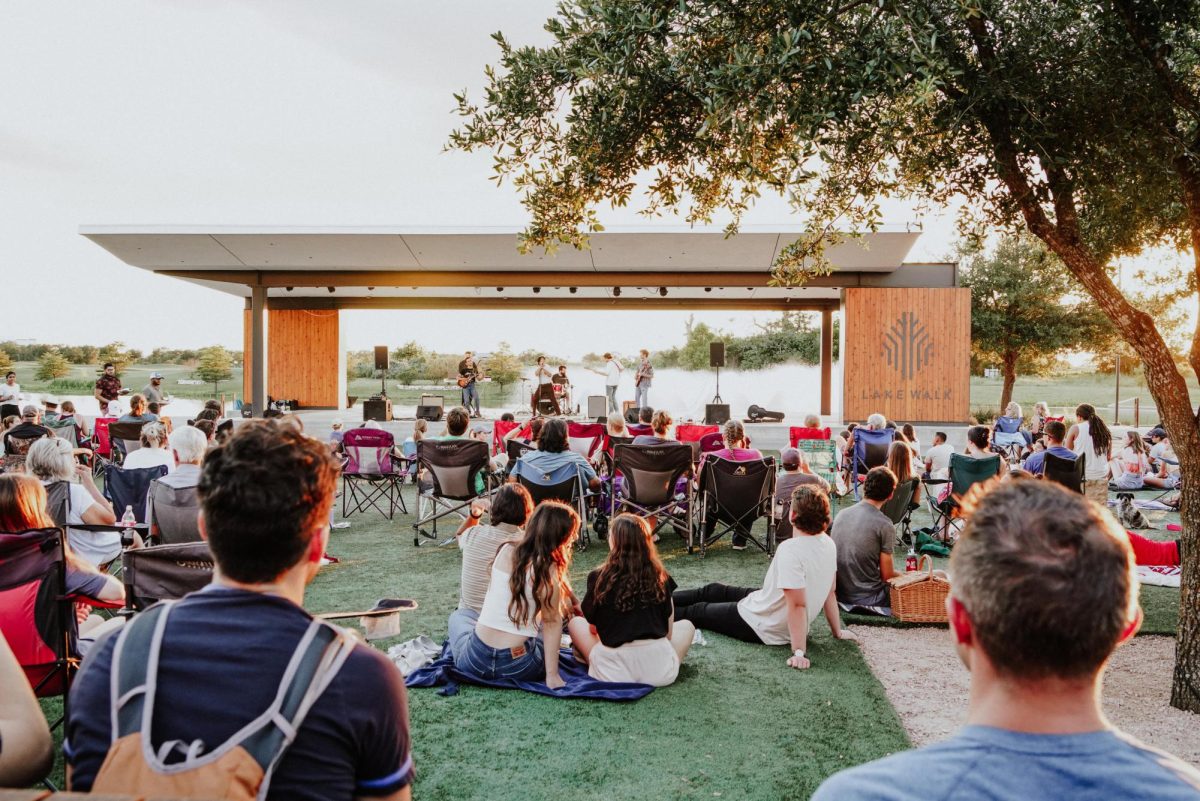This spring, the College of Liberal Arts at Texas A&M will be hosting Race Talks: An Interdisciplinary Virtual Colloquium Series. The program aims to invigorate campus wide conversation on anti-racist advocacy through pedagogy, performance and research.
Six different university units, Africana studies, the dance program, film studies, Latino/a and Mexican American studies, performance studies and religious studies, are partaking in Race Talks to convene Black, Indigenous and people of color, scholars, managers, art administrators, producers, film makers, musicians, dancers, choreographers, visual artists, faculty and students from across the country to speak on race relations. Events will be held virtually via Zoom on Thursdays throughout the spring semester at 2:00 p.m.
Race Talks coordinator Mariana Gariazzo, Ph.D., said the virtual format of the colloquium is an advantage and allows more flexibility for attending speakers.
“Since the colloquium is virtual, this allows us to reach beyond Texas A&M and the state of Texas to bring together a roster of interdisciplinary thinkers and speakers to help us activate the very important discussion of race,” Gariazzo said.
Race Talks is made possible by the Advance Climate Together grant, and funded by the College of Liberal Arts, Gariazzo said.
“We want to create an interdisciplinary [environment] so that students can have conversations with consummated scholars but also so emerging artists can also have a voice,” Gariazzo said. “This series is really about creating a space for voices of those who have been historically marginalized. We want to listen to different stories that we haven’t been able to listen to in the past.”
The series will have a variety of programs, such as keynote speakers, lecturers, interviews, workshops and panels, Gariazzo said. Additionally, speakers will have the opportunity to attend A&M classes so they can have smaller conversations with students in classroom settings.
Announced last week, student presentations at Race Talks are known as “Lightning Talks.” Lightning Talks encourage undergraduate and graduate students to submit five minute videos that present research, consummated projects or potential future-research that address topics such as race, ethnicity, gender, sexuality and class.
“Lightning Talks are a baby of Race Talks,” Gariazzo said. “They can be collaborative or individual research projects. These presentations will allow students to bring their research and perspectives to the anti-racist advocacy and intersectional conversation of Race Talks.”
The Race Talks speakers and guests are distinguished in the fine arts industry from across the country.
“The panel discussions will have representation from Yale, Cornell, California State and UC Berkeley,” Gariazzo said. “It is an amazing outreach and all about the possibility of expanding our collaboration with peer universities.”
The speakers were chosen from the knowledge and expertise of faculty from the different university departments collaborating together for Race Talks by looking at the speakers’ areas of focus and fine arts, Gariazzo said.
Ella C. McFadden Distinguished sociology professor Joe Feagin, Ph.D., conducted the first Race Talks lecture called “The White Racial Frame: Racial Illiteracy and Racial Performances.” He said that diversity and inclusion is something that should be talked about everyday.
“[Race] is important to talk about because most of the established academic fields in this country were set up by elite white faculty members, professors and, in the case of the arts, white musicians,” Feagin said. “They’ve been dominated by white men.”
Philip Ewell, a mentee of Feagin, will speak in the Race Talk series on March 25. He is a significant contributor to research on racism in the classical music industry.
“The classical music industry has been very heavily white, in its framework, thinking, faculty and musicians,” Feagin said. “[Ewell] is a brilliant young music theory professor and one of the few African Americans on the planet who studies classical music theory. His recent research explores the systemic racism … and problems of racism in classical music.”
For more information and recordings of past Race Talk events, visit the Department of Performance Studies’s webpage.
College of Liberal Arts hosting ‘Race Talks’ colloquium this spring
February 24, 2021
Photo by PROVIDED
The College of Liberal Arts will host a virtual series dedicated to the topic of anti-racist advocacy on campus.
Donate to The Battalion
Your donation will support the student journalists of Texas A&M University - College Station. Your contribution will allow us to purchase equipment and cover our annual website hosting costs.





















